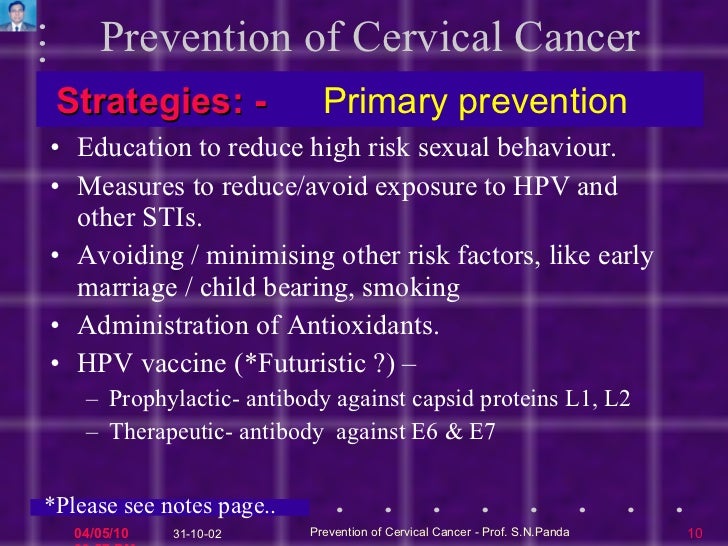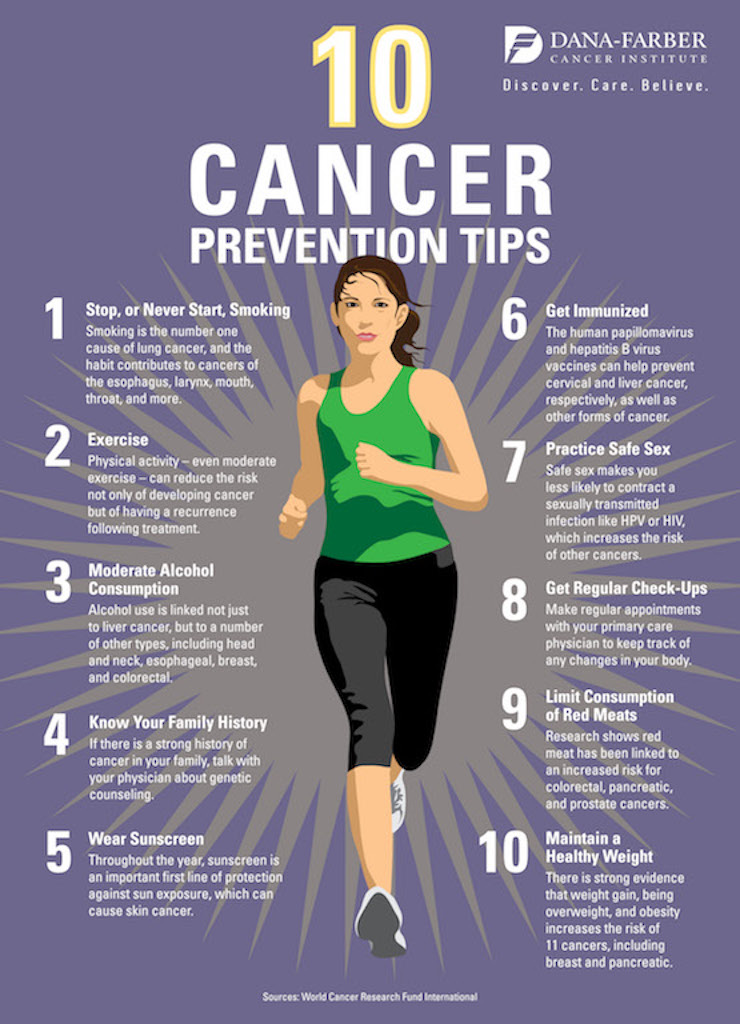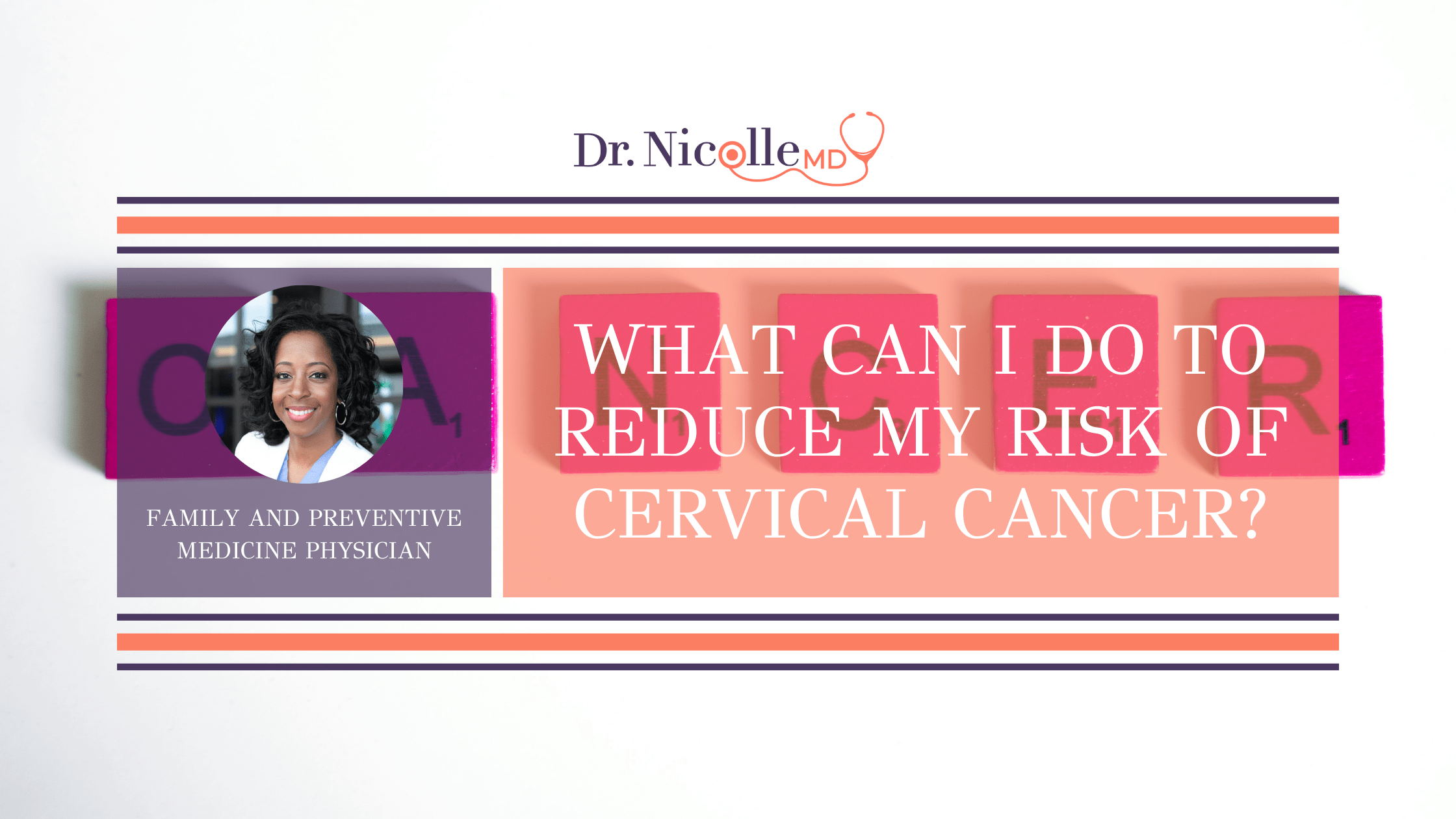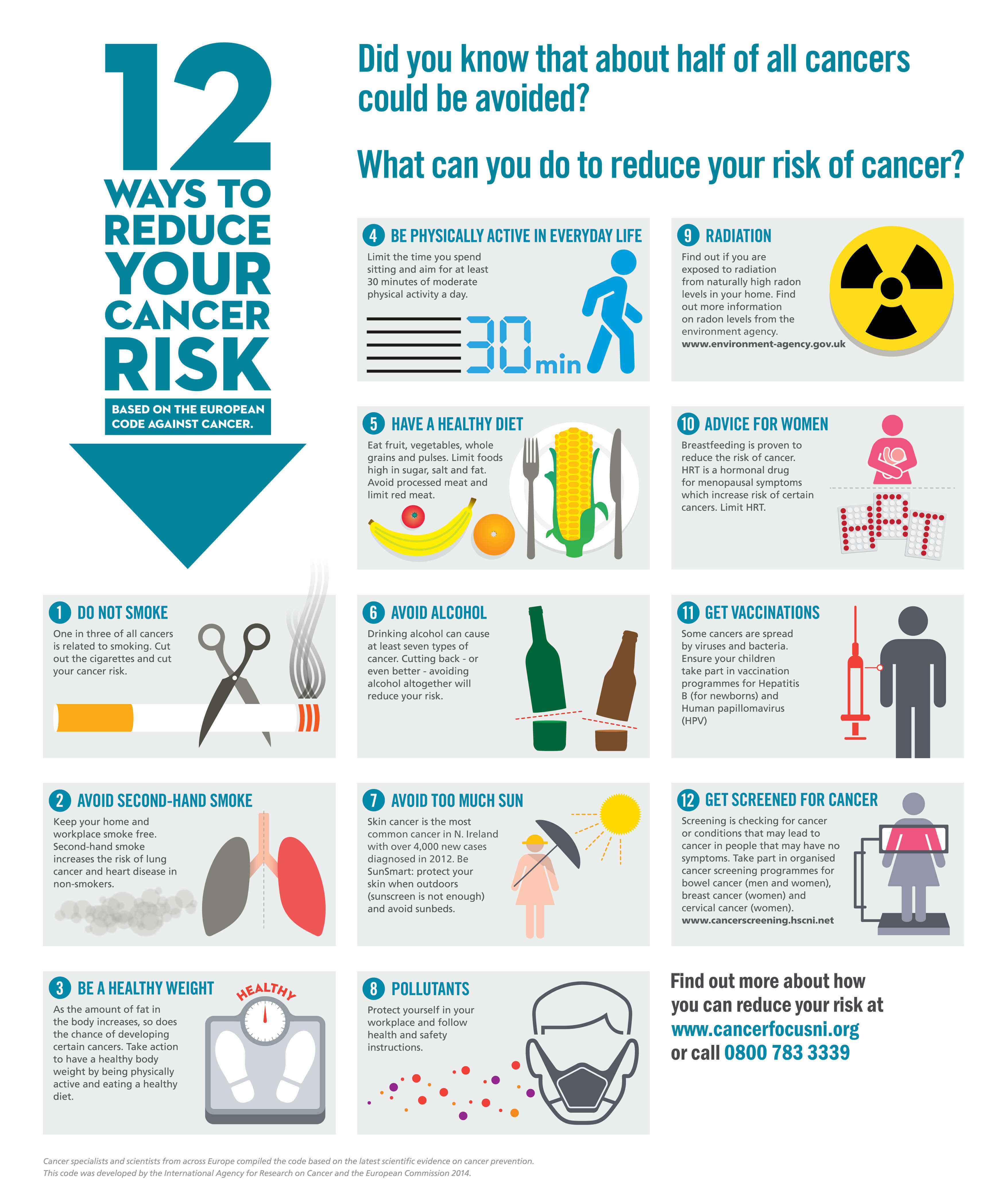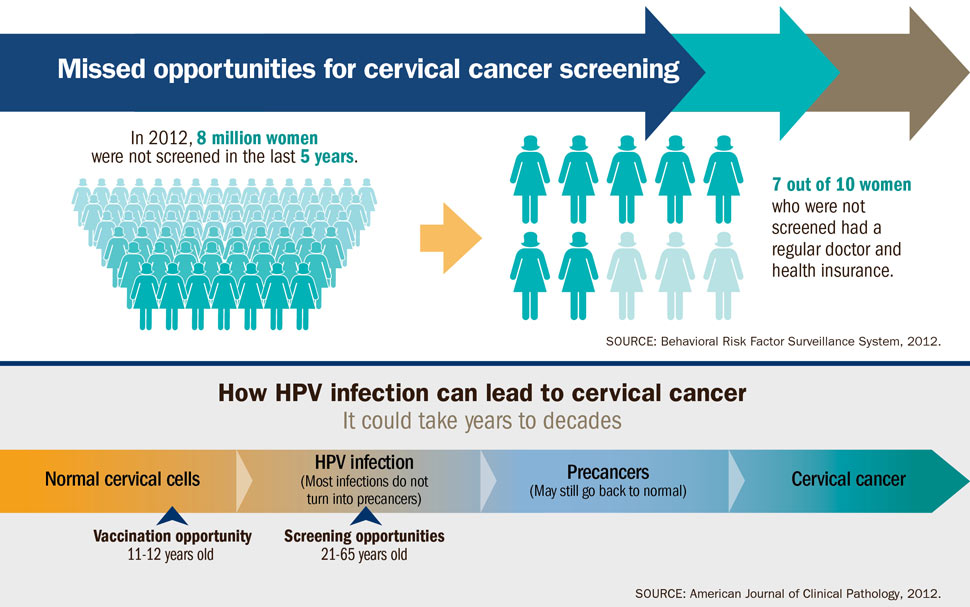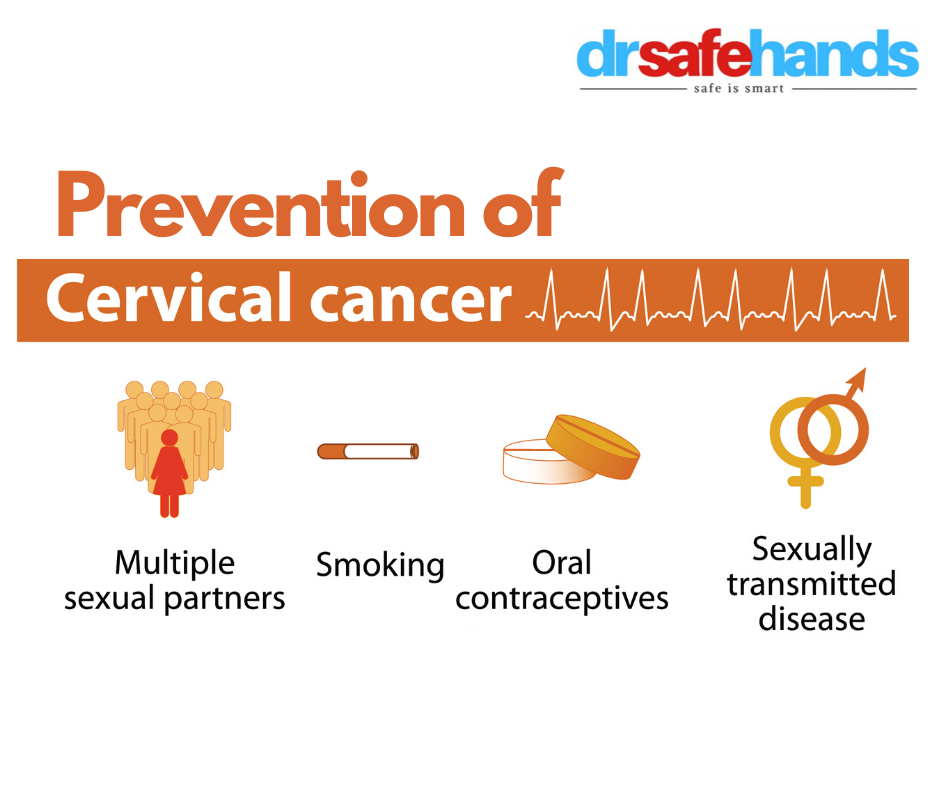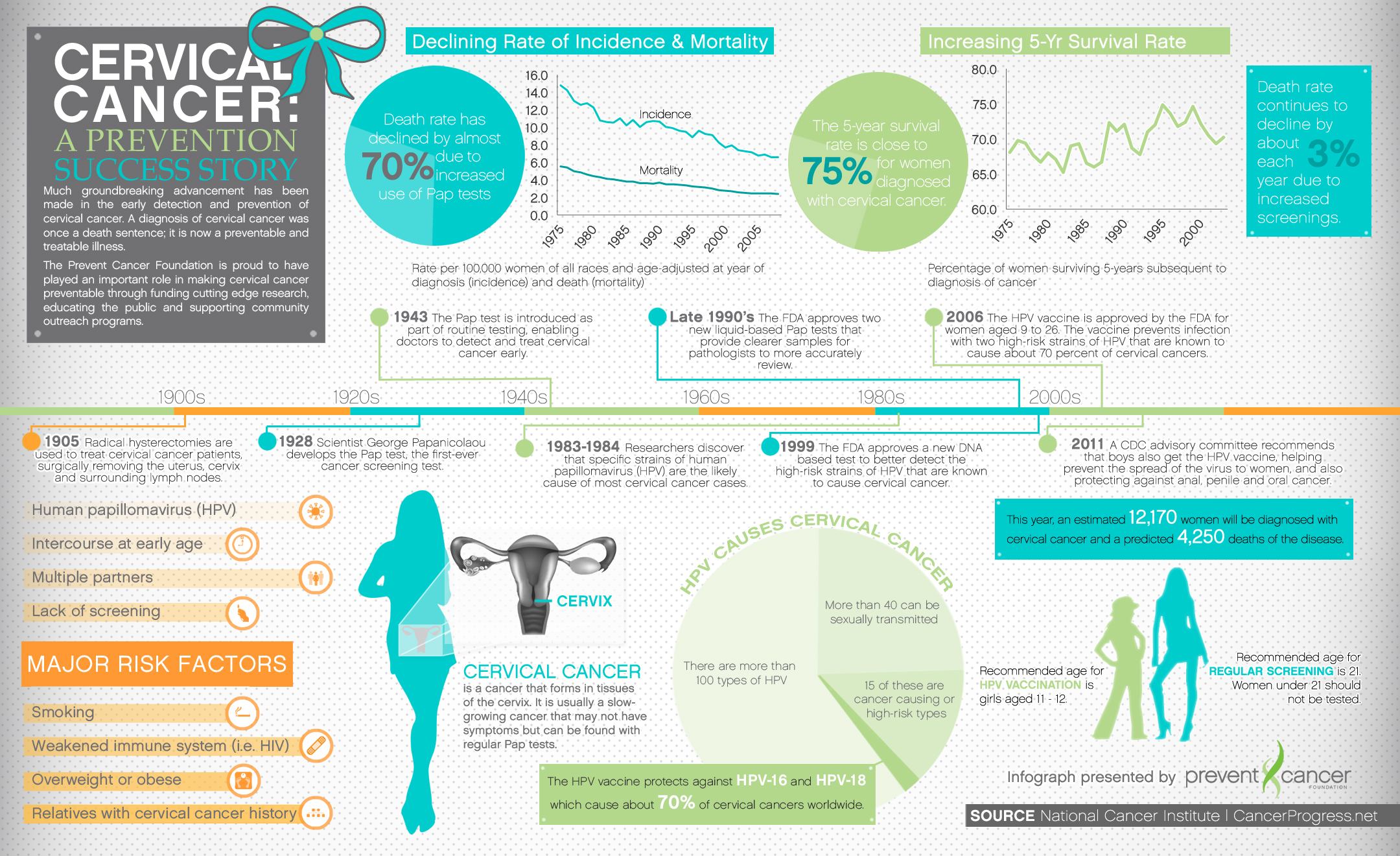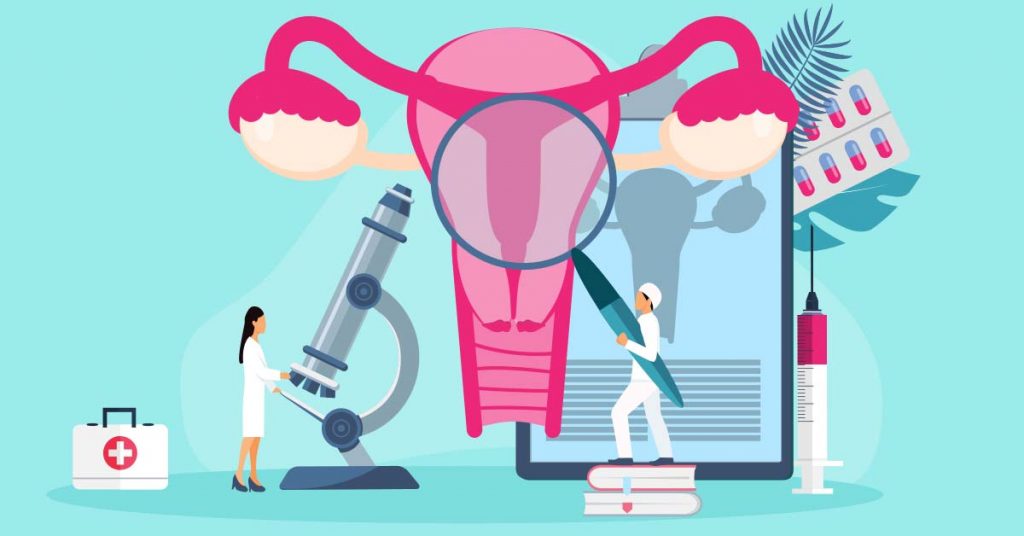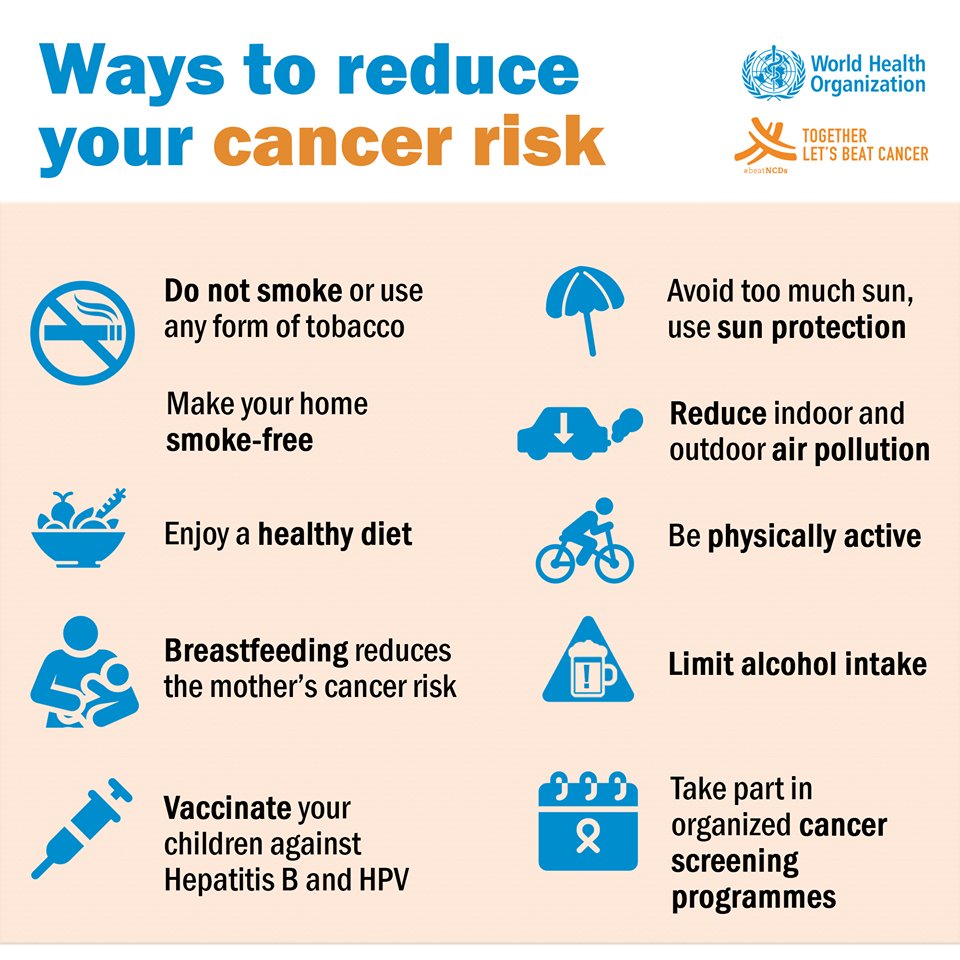Formidable Tips About How To Reduce Risk Of Cervical Cancer
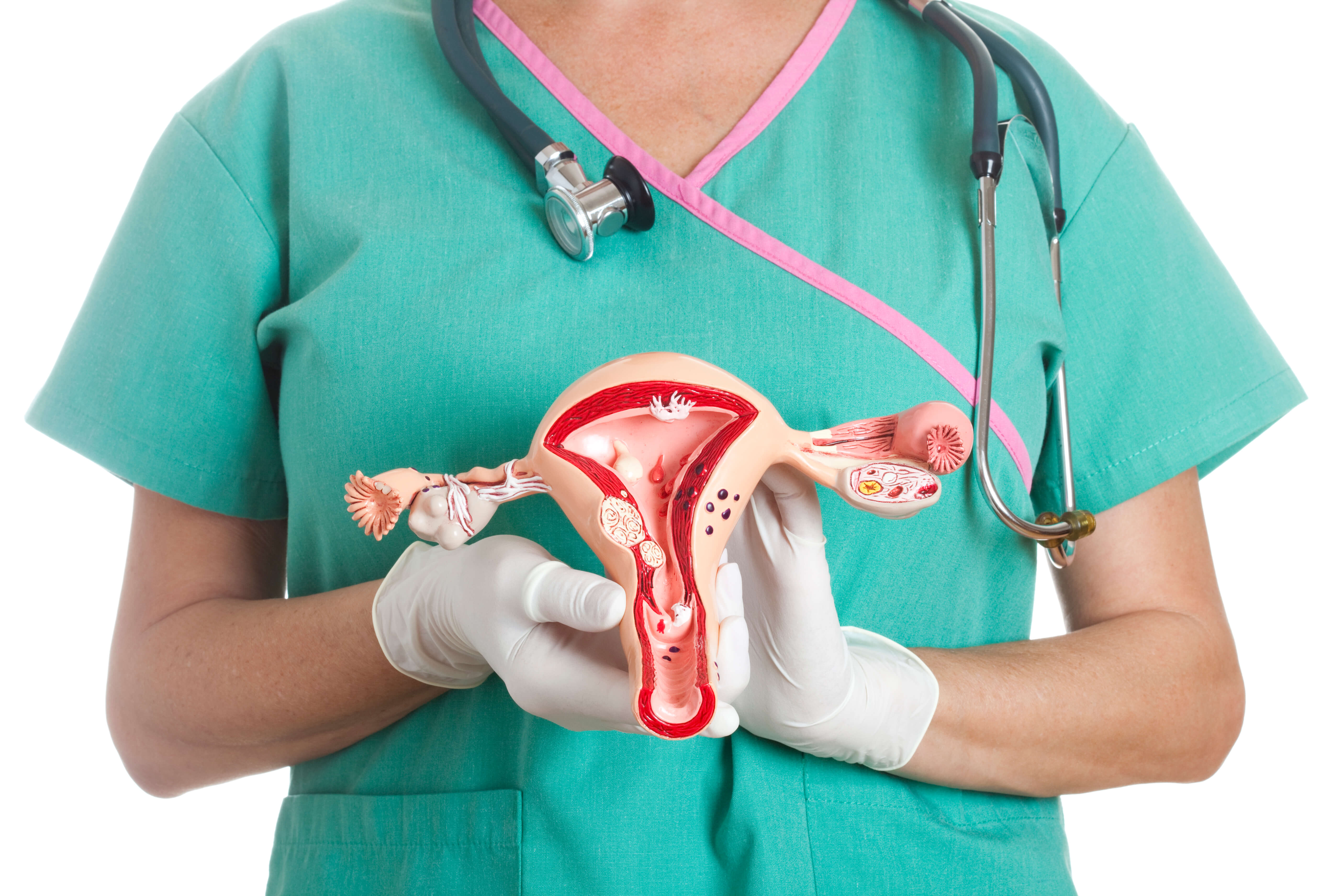
Smoking tobacco increases your risk of getting cervical cancer.
How to reduce risk of cervical cancer. The vaccine offers protection from the types most likely to cause cervical and anal cancers and genital warts. Maintain a healthy weight and active lifestyle. When considering cervical cancer in women, tobacco and hpv are.
Cervical cancer is highly preventable and highly curable if caught early. Take action to reduce your risk of cervical cancer. Excess weight results in the production and circulation of more.
The risk increases with the more cigarettes you smoke a day. Hpv vaccination the current hpv vaccine protects against 90% of cervical cancers, as well. These things may also help lower your risk for cervical cancer— 1.
Choose not to smoke. So to reduce the risk of cervical cancer, maintain and eat healthy diet, ask your doctor about hpv vaccination, do routine pap smear, practice safe sex and quit smoking.”. Don't use tobacco smoking has been linked to many types of cancer, including cancer of the lung, mouth, throat, voice box, pancreas, bladder, cervix and.
Prevention there is no way to completely prevent cancer. Talk to your health care professional about the hpv. Summary recommendation for women living with hiv.
Screening is having tests to find conditions that may lead to. But there are things you can do that might lower your risk. The effect on risk was seen even in.
You can reduce your risk of developing cervical cancer by having screening tests and receiving a vaccine that protects against hpv infection. Staying active may help prevent certain cancers. If you’re 26 or younger, get an hpv vaccineif you haven’t been vaccinated already.
Use condoms during sex.* *hpv infection can occur in both male and female genital areas that are covered or protected by a latex. Basic information learn how to lower your risk and about the symptoms, risk factors, screening tests, and diagnosis and treatment for cervical cancer. Cervical cancer is most common between the ages of 30 and 45.
Can cervical cancer be prevented? Cervical cancer is the 14 th most common. The hpv vaccine is highly effective and safe.
Hpv dna detection in a. 17 january 2024 next review due january 2027 cervical cancer starts in the cells of the cervix. Here are five ways you can reduce your risk of developing cervical cancer:
